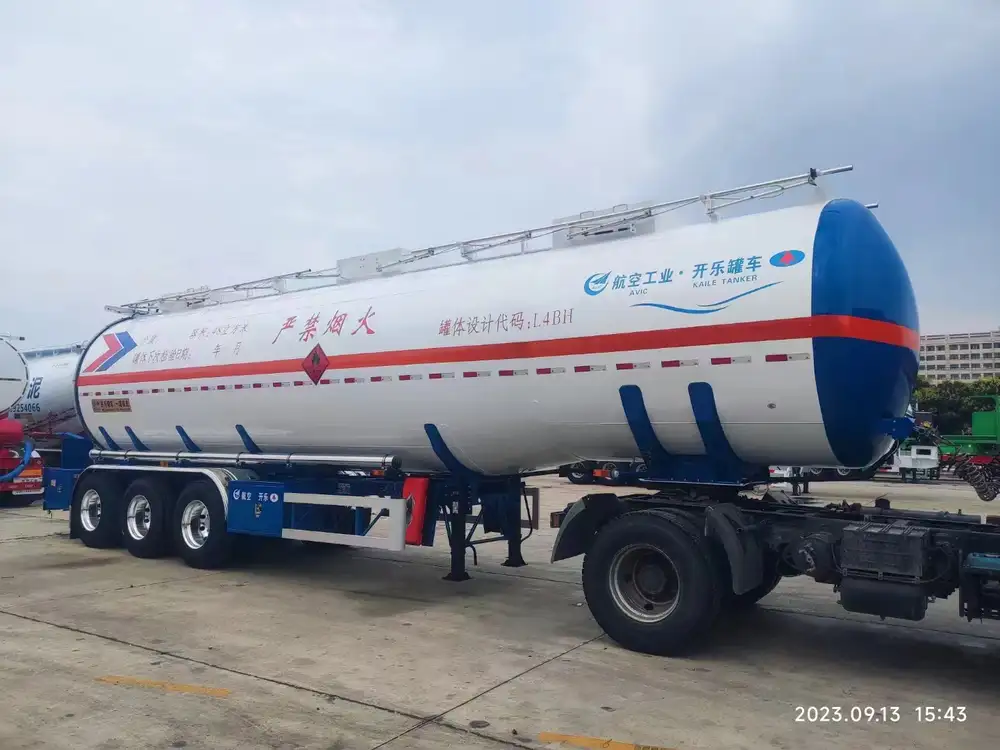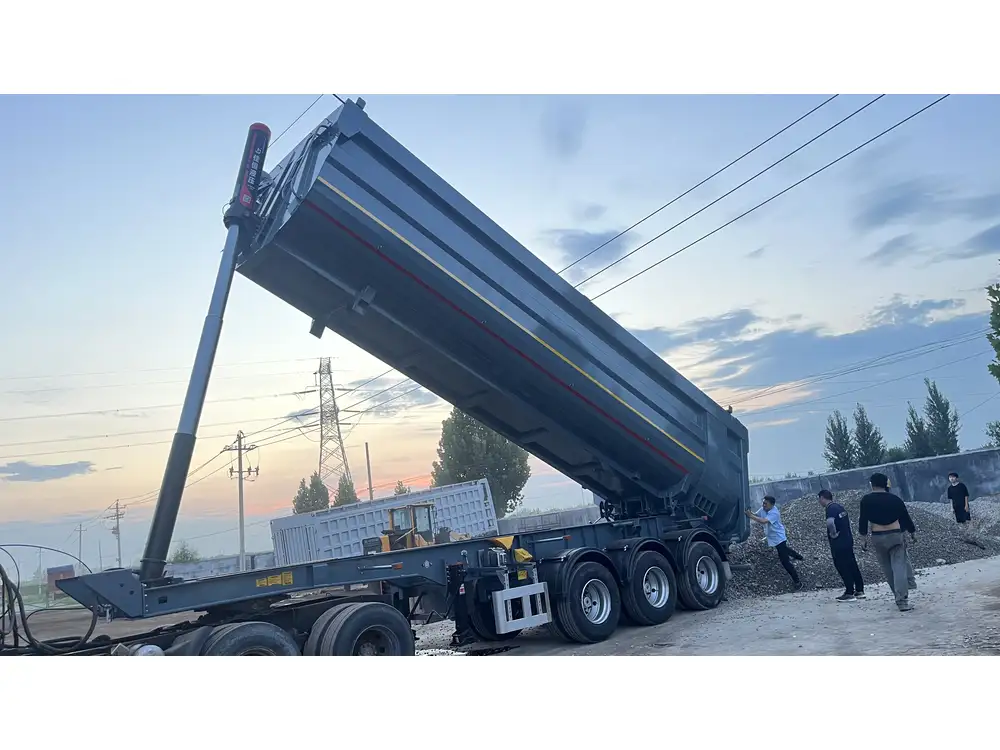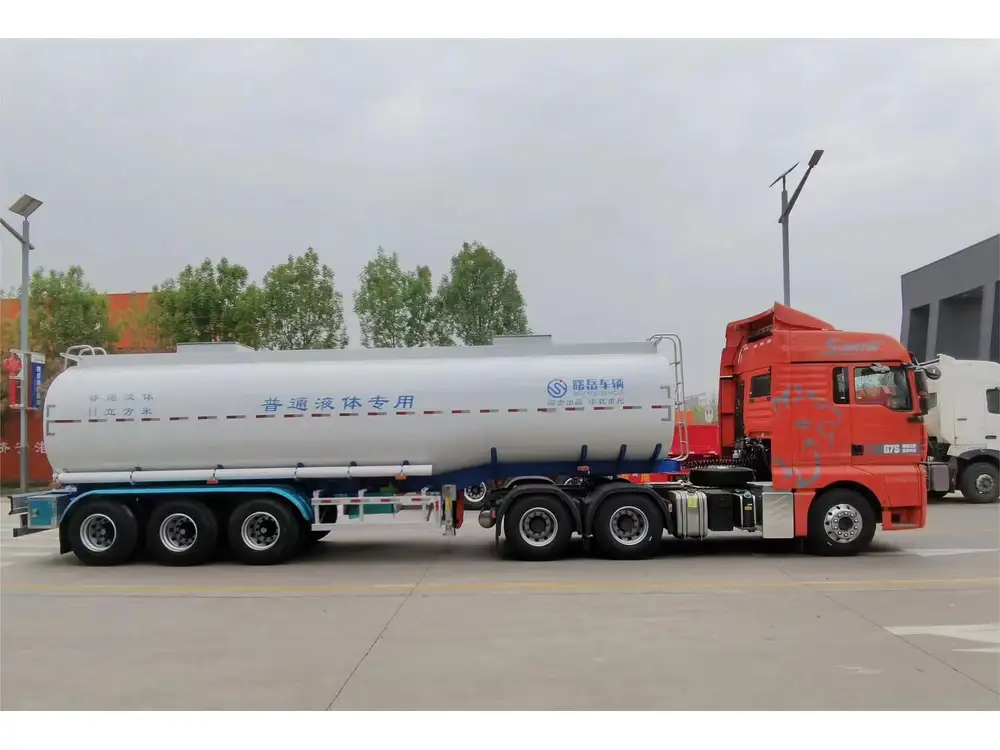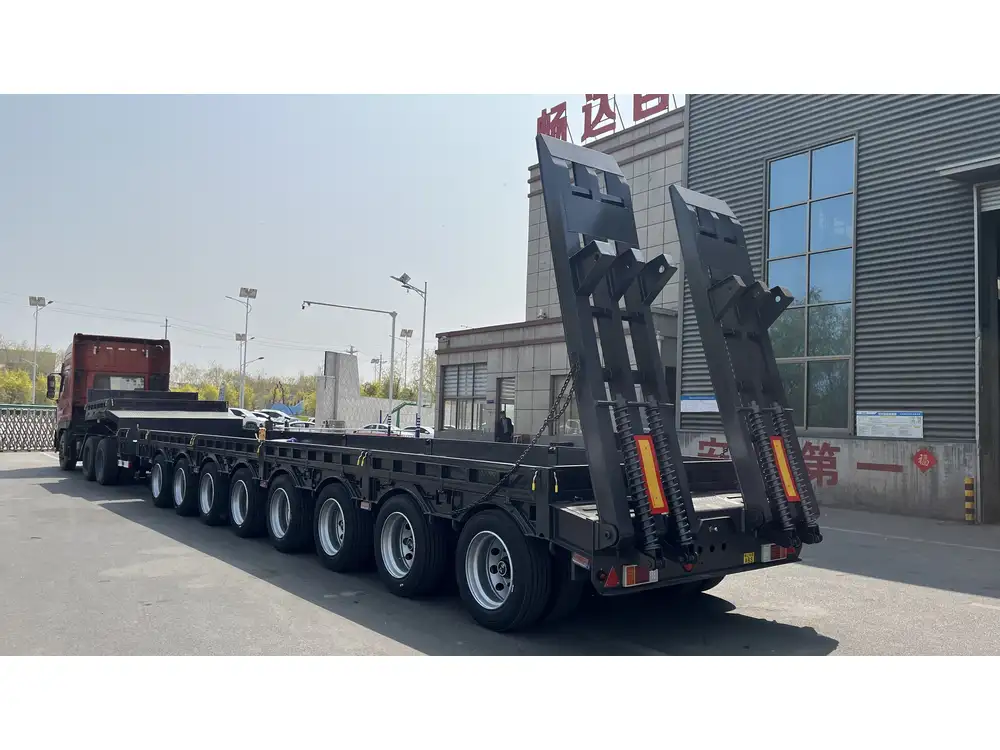The functionality and efficiency of dump trailers are pivotal in various industries, especially in construction, agriculture, and waste management. Understanding the interaction between dump trailer batteries and the towing vehicle’s electrical system is essential for maintaining optimal performance. One common inquiry from operators and enthusiasts alike is: do dump trailer batteries charge while driving? This article delves deep into this topic, providing detailed insights that will enhance your understanding and ensure you maximize the utility of your dump trailer.
Understanding Dump Trailer Power Systems
Battery Types: The Foundation of Performance
Before addressing the charging question, it’s crucial to recognize the battery types that may power your dump trailer:
Lead-Acid Batteries: Commonly used due to their cost-effectiveness and reliability. They require regular maintenance.
AGM Batteries (Absorbent Glass Mat): Ideal for deep-cycle applications. They are sealed and maintenance-free but come at a higher cost.
Lithium-Ion Batteries: The newest contender, offering lightweight, high-energy density solutions with longer life cycles and faster charging capabilities.

Battery Size and Capacity
When selecting a battery, consider its capacity (Ah) and size. A larger capacity equates to longer usage periods between charges, which is particularly vital during heavy-duty applications. Choosing the wrong size or type could lead to inadequate performance, especially during long trips.
Charging Mechanisms: How It Works
The Link Between Your Vehicle and Trailer
When towing a dump trailer, the electrical system of the tow vehicle can potentially charge the trailer’s batteries through a special wiring setup. This is managed via a trailer wiring harness connected to the vehicle, primarily utilizing the following:
- 7-Pin Connector: The standard for most modern trailers, it provides a dedicated circuit for battery charging that connects the tow vehicle’s battery to the trailer.

Wiring Configurations
| Wiring Pin | Function |
|---|---|
| 1 | Ground |
| 2 | Tail Lights |
| 3 | Left Turn Signal |
| 4 | Right Turn Signal |
| 5 | Brake Lights |
| 6 | Reverse Lights |
| 7 | Battery Charge (12V) |
The battery charge pin (Pin 7) is essential for supplying voltage to the dump trailer’s battery, allowing it to charge while driving.
Alternator Role in Charging
The alternator in the towing vehicle is responsible for generating electrical energy while the engine is running. It replenishes the vehicle’s battery and can offer power to the trailer’s system through its wiring.
Do Dump Trailer Batteries Charge While Driving?

Conditions for Charging
Under typical conditions, dump trailer batteries do charge while driving, but several factors can influence this functionality:
Proper Wiring: Ensure that the electrical connections are intact. Damaged or corroded wiring can impede the charging process.
Vehicle Engine: The alternator must be operational. If the engine is off, the battery won’t charge.
Battery Age and Condition: An old or defective battery may not accept charge effectively, even when the system is working properly.
Electrical Demand: If the dump trailer is utilizing significant power (e.g., running hydraulic motors), it may draw from the battery faster than it receives charge, leading to a net loss of power.
Charging Rate
The rate at which a dump trailer battery charges while driving varies depending on:
- Alternator Output: Maximum output can range from 10-50 amps in standard vehicles.
- Distance Traveled: Longer trips provide extended charging time.
- Battery State of Charge: A depleted battery takes longer to charge than one that is partially charged.
Note: While driving, dump trailer batteries can receive a trickle charge, leading them to maintain or gain charge over time rather than fully charging.
Considerations for Optimization

Selecting the Right Battery Management System
Investing in a quality battery management system (BMS) can significantly enhance charging efficiency. A BMS monitors the health of the battery and optimizes both charging and discharging processes.
Regular Maintenance Checks
Regular maintenance is imperative to ensure the effectiveness of both the towing vehicle’s electrical system and the dump trailer battery:
Inspect Wiring: Regularly check for wear, corrosion, or damage to the wiring harness.
Test the Battery: Use a multimeter to measure battery voltage and ensure it is at appropriate levels (typically 12.6V when fully charged).
Evaluate Connecting Points: Check couplings and connectors for tightness and integrity; loose connections can impede charging significantly.
Consider Portable Chargers
For more demanding applications where consistent power is critical, consider using portable battery chargers that can bring your trailer batteries up to the desired charge quickly when at rest.

Challenges and Solutions
Common Issues with Charging Dump Trailer Batteries
Insufficient Charge While Driving: If the electrical system is not providing adequate power, consider upgrading to a higher-output alternator in your tow vehicle.
Battery Doesn’t Hold Charge: If the battery frequently discharges quickly, it may be near the end of its life. Consider replacing it with a more suitable model.
Wiring Faults: Diagnosing wiring issues can be complex; using a professional may provide peace of mind and resolution.
Advanced Solutions
Inverter/Converter Systems: Utilizing these systems allows for greater flexibility in managing power needs, enabling you to maintain charge levels even while stationary.
Solar Charging Options: Implementing solar panels on the trailer can continually top off the battery, especially during extended stationary periods.
Smart Chargers: Smart chargers that can hook up when the trailer is parked can greatly enhance maintenance and life expectancy of the dump trailer’s batteries.

Summary
Understanding whether dump trailer batteries charge while driving involves not only knowing about the charging mechanism but also recognizing the system’s dependencies and potential complications. It is essential to ensure that your trailer’s electrical connects to the tow vehicle effectively, assess the health of your battery regularly, and maintain the wiring system. Recognizing signs of battery wear or malfunction will empower users to preemptively address issues and ensure continuous operation.
If you are operating a dump trailer for any commercial activities, consider these insights as pivotal knowledge components. Not only will they prevent operational delays, but they will also facilitate safer and more efficient work practices, securing your investments in the long run. Whether you’re hauling heavy loads or managing waste, a thorough understanding of your dump trailer’s powering systems can significantly enhance your operational efficiency and effectiveness.
Investing in knowledge today enables better choices tomorrow, resulting in increased productivity and fewer headaches. Whether upgrading your battery, improving your vehicle’s electrical system, or implementing new technologies, the answers lie within informed decision-making based on a thorough understanding of every component involved in the charging process.



